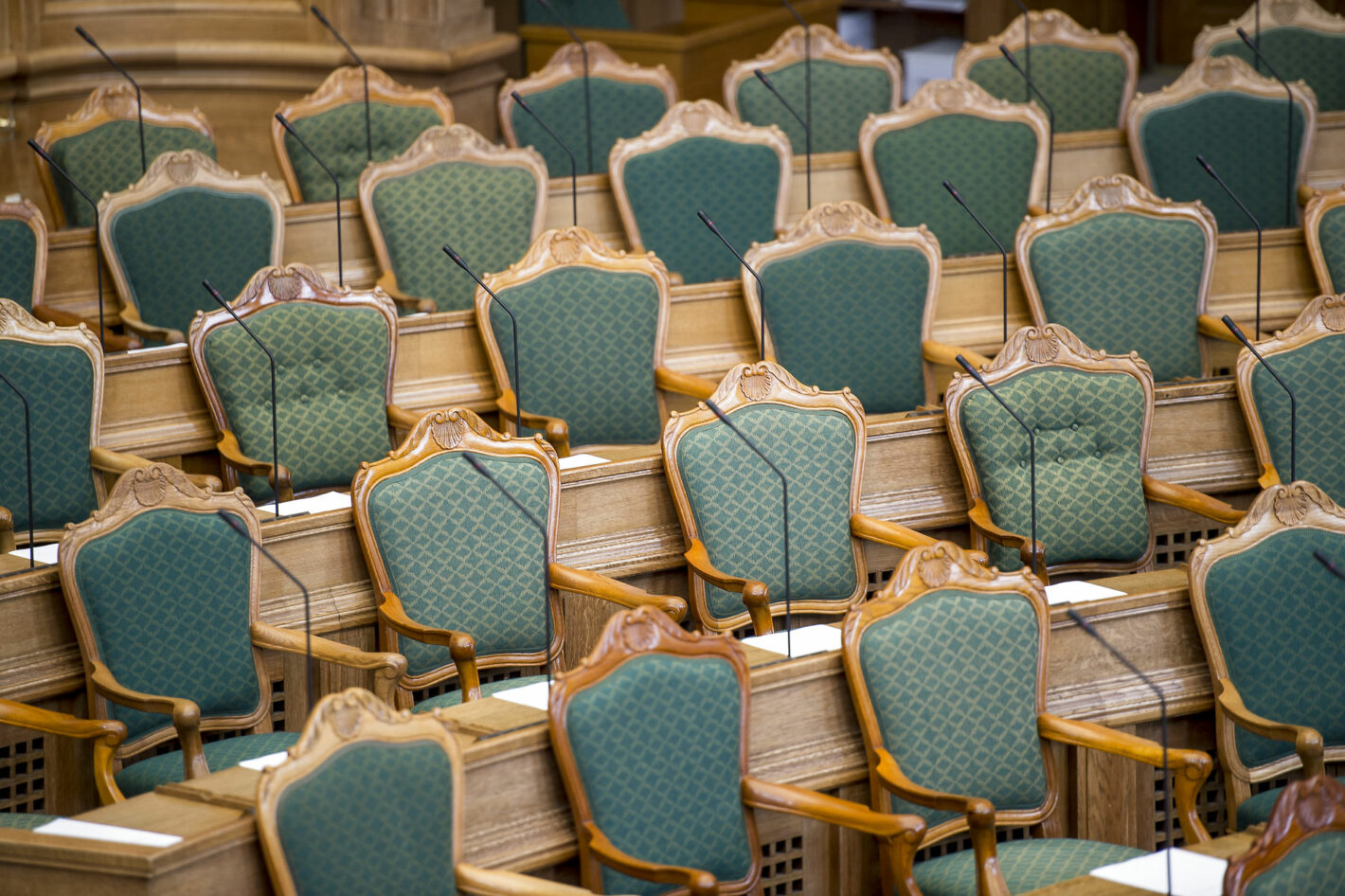In a globalised world with a rapidly changing media landscape, the Danish Parliament has given Danish press publishers the opportunity to manage their rights under section 69(a) (and section 52(c)) of the Danish Copyright Act under the auspices of a joint professional association to the benefit of both publishers, users, and society.
We are all media companies set up to support democracy and social cohesion. We are different; some of us are local, others national, some private, others publicly owned. But we share a common goal: we seek to engage and bring together the Danes, and we create and tell stories. We take democracy, culture, and community seriously.
Danish content strengthens social cohesion
Conversation, debate and enlightenment are at the core of our activities. We take pride in presenting our users – readers, viewers, listeners – with a reality they know – but also a reality that challenges them and their views on society and community.
And we stand by our content. We edit. We take responsibility.
Small language area, large offering
Denmark is a small language area. Nevertheless, we have a large range of publicistic media for the benefit of all Danes. Therefore, we must maintain general access to the unique Danish content.
The public conversation
A well-functioning democracy depends on a well-functioning public conversation. In Denmark, we therefore have rules to maintain a healthy public debate. The freedom of speech is enshrined in the Constitutional Act of Denmark. The Danish Media Liability Act sets rules for the media’s activities. The Danish Radio and Television Broadcasting Act regulates the public service media. And the Danish Press Council hears complaints over the press.
Act no. 1121 of 4 June 2021
With effect from 7 June 2021, Danish press publishers acquired new rights under the Danish Copyright Act, being afforded an exclusive right in relation to information society and online content sharing service providers’ use of their press publications. The exclusive right is to ensure the publishers a return on their investment in production of new editorial content that contributes to the public conversation and, accordingly, to a well-functioning democratic society.
